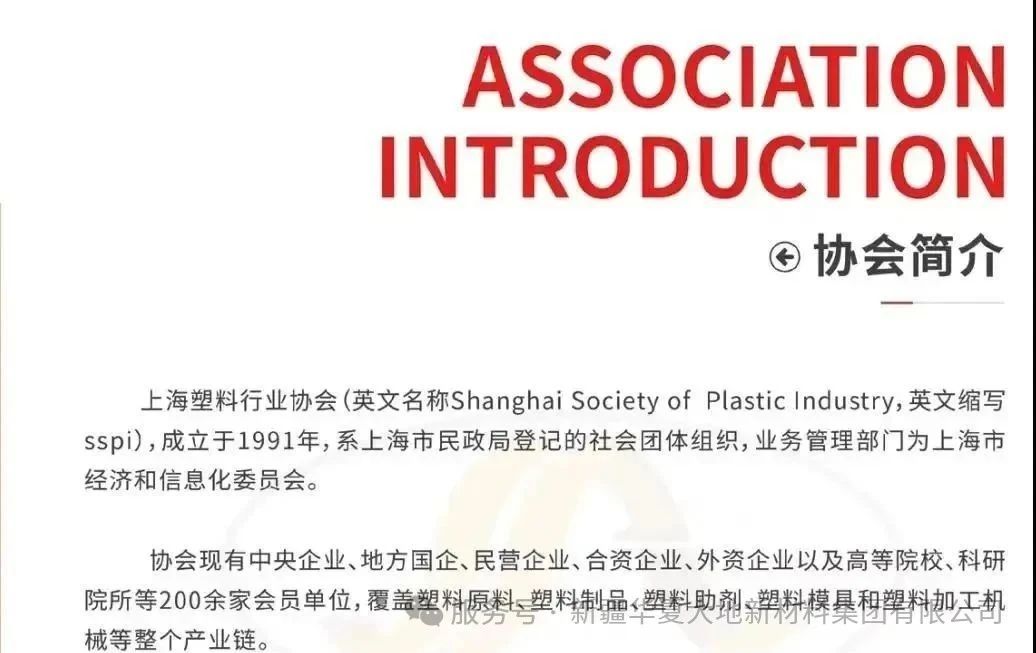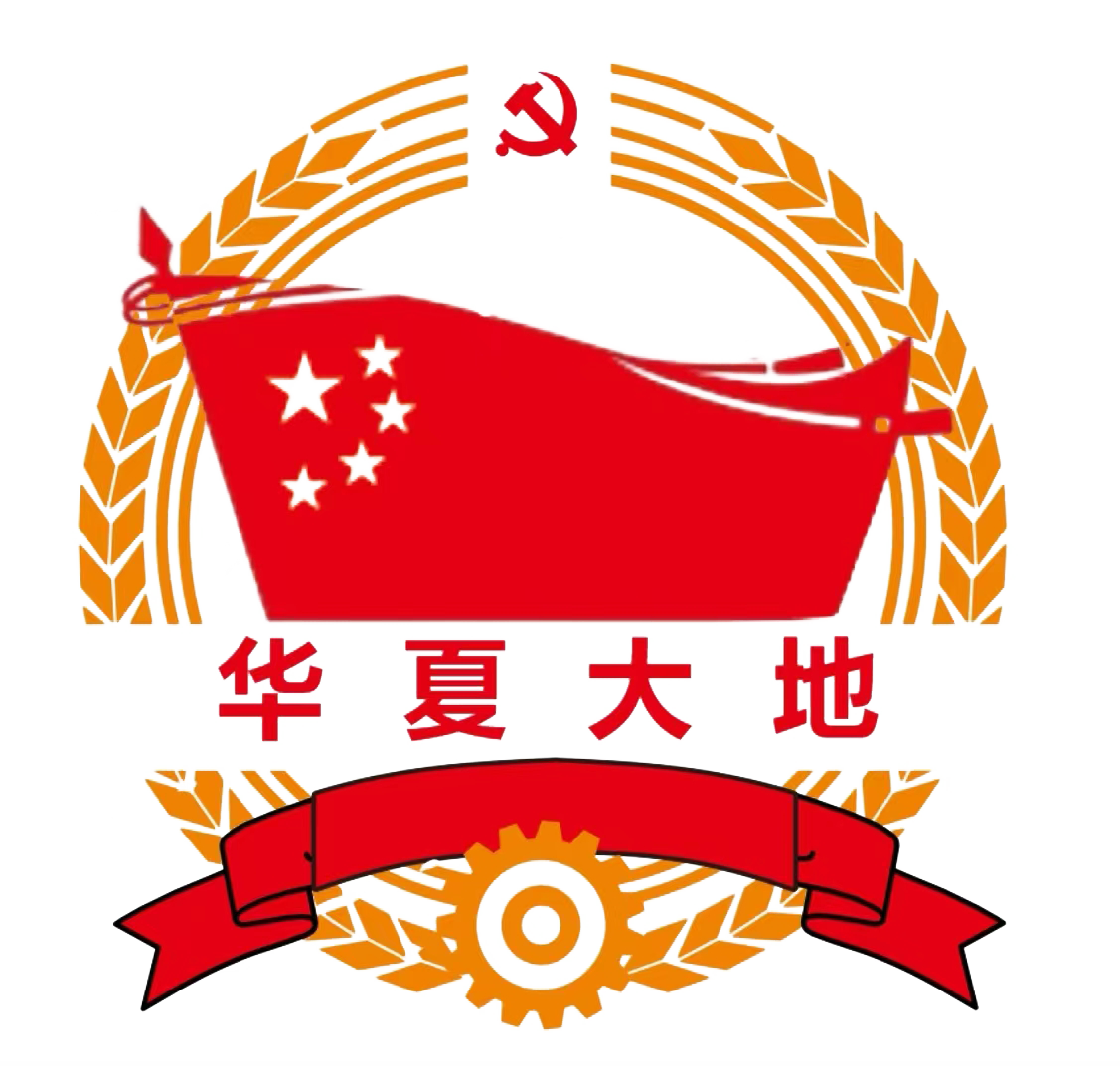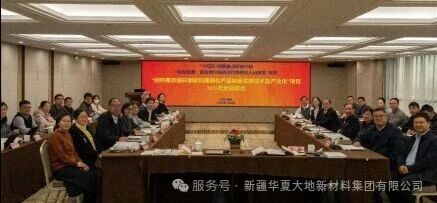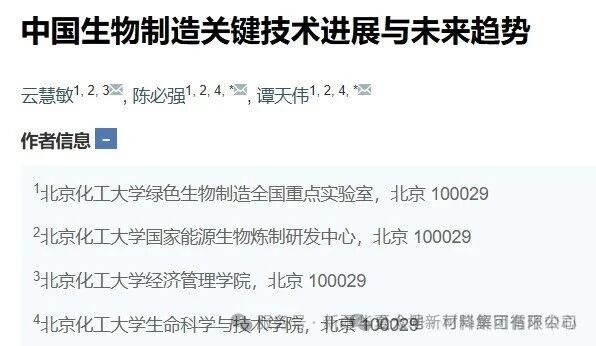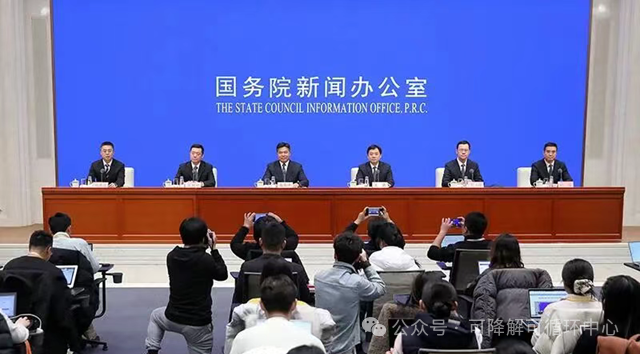The "Decision of the Standing Committee of the Shanghai Municipal People's Congress on Deeply Promoting Ecological Civilization Construction and Creating a Shanghai Model of a Beautiful China" (hereinafter referred to as the "Decision") will come into effect on September 1, 2025, fully demonstrating Shanghai's determination to advance ecological civilization construction.
In the section on plastic pollution control, Article 8 of the "Decision" continues the requirements of documents such as the "Opinions on Further Strengthening Plastic Pollution Control" (Fagai Huanzi [2020] No. 80) issued by the National Development and Reform Commission and the Ministry of Ecology and Environment from the perspective of local legislation. It clearly states, "Promote green and low-carbon products, encourage green consumption, legally prohibit or restrict the use of disposable plastic products, and promote the application of recyclable, easily recoverable and degradable alternative products." This provides a legal basis for the enforcement of plastic ban and restriction measures in Shanghai during the 15th Five-Year Plan period.
Which plastic products are mainly involved in Shanghai's "ban and restriction on plastic"?
After the release of the National Development and Reform Commission and Ministry of Ecology and Environment's Document No. 80 of 2020, the Shanghai Development and Reform Commission and others issued the "Implementation Plan of Shanghai Municipality on Further Strengthening the Control of Plastic Pollution" (Shanghai Development and Reform Commission Normative Document No. 20 of 2020, hereinafter referred to as the "Implementation Plan"), further enhancing the requirements for plastic restriction and ban in Shanghai. The introduction of Article 8 of the "Decision" by the Shanghai Municipal People's Congress is a reinforcement of the original plastic restriction and ban policy at the legislative level, strengthening the legal seriousness of the original Shanghai Development and Reform Commission Normative Document No. 20 of 2020.
The specific plastic products that are prohibited or restricted in the original "Implementation Plan" of Shanghai are as follows:
By the end of 2020, all shopping malls, supermarkets, pharmacies, bookstores and other venues in the city, as well as various exhibition activities, are prohibited from using disposable plastic shopping bags. Takeout services in the catering industry are also prohibited from using non-degradable plastic shopping bags. The use of disposable plastic shopping bags in farmers' markets is regulated and restricted. By the end of 2023, the use of disposable plastic shopping bags in farmers' markets is completely banned.
2. Disposable plastic tableware. By the end of 2020, the use of non-degradable disposable plastic straws in the catering industry across the city was banned. Non-degradable disposable plastic tableware was prohibited in dine-in services. By the end of 2025, the consumption intensity of non-degradable disposable plastic tableware in the catering takeout sector was to be reduced by more than 30%.
3. Disposable plastic products in hotels and guesthouses. By the end of 2021, all star-rated hotels and guesthouses in the city will no longer proactively provide disposable plastic products. By the end of 2023, the implementation scope will be expanded to all hotels, guesthouses and homestays.
4. Express delivery plastic packaging. By the end of 2021, all postal and express delivery outlets in the city will first be prohibited from using non-degradable plastic packaging bags and disposable plastic woven bags, and the usage of non-degradable plastic tapes will be reduced by 40%. By the end of 2023, all postal and express delivery outlets in the city will be prohibited from using non-degradable plastic tapes.
What are the main types of biodegradable plastics?
PLA (polylactic acid): Poly lactic acid is a thermoplastic aliphatic polyester, and its raw materials mainly come from non-grain biomass such as cassava and rice straw.
PBAT (Poly (butylene adipate-co-terephthalate)): Polybutylene adipate-co-terephthalate, is a representative of petrochemical-based biodegradable materials.
PHA (polyhydroxyalkanoate): Polyhydroxyalkanoates, is the general term for polyhydroxyalkanoate materials.
PGA (Polyglycolide), polyglycolic acid, is a linear aliphatic polyester.
How can biodegradable plastics play a role in creating a model of a beautiful China in Shanghai?
The "Decision" serves as a leading regulation to guide ecological civilization construction, including plastic pollution control, providing a legislative basis for subsequent detailed policies. Compared with the previous "Implementation Plan", it is more compulsory and long-lasting. Based on the fundamental principles of "recyclable, easy to recycle, and degradable", the "Decision" reiterates the requirements for restricting and banning plastic products. Due to the limitations of usage scenarios, disposable plastic products are often difficult to recycle. Biodegradable plastics such as polylactic acid (PLA) and polybutylene adipate-co-butylene terephthalate (PBAT) can eventually decompose into carbon dioxide and water. Disposable plastic products and paper-plastic composite products made from these materials have good biodegradability and are good alternatives to non-degradable disposable plastic products.
A relatively complete national standard system has been established in the field of degradable plastics. For instance, GB/T 20197-2006 "Definitions, Classification, Marking and Degradation Performance Requirements for Degradable Plastics" defines various types of degradable plastics in terms of classification; GB/T 41010-2021 "Requirements for Degradation Performance and Marking of Biodegradable Plastics and Products" stipulates the content of heavy metals and specific elements, biodegradation rate, disintegration rate and ecological toxicity requirements for biodegradable plastics and their products, and also specifies the testing methods for degradation performance under different degradation conditions. This standard also serves as the technical basis for the "Double J" marking. GB/T 18006 series stipulates the general requirements for disposable plastic tableware and the testing methods for degradation performance. GB/T 41008-2021 "Biodegradable Drinking Straws" sets out the performance requirements and biodegradation performance requirements for straw products. Besides straws, there are also corresponding national standards for biodegradable agricultural films, express packaging, shopping bags and other products.
At present, China consumes over 100 billion disposable plastic tableware items annually. In Shanghai alone, the annual consumption of plastic raw materials for disposable takeout containers exceeds 100,000 tons. According to the plastic ban policy, if 30% of these are to be replaced, more than 30,000 tons of biodegradable plastics such as polylactic acid are needed each year. Additionally, Shanghai consumes over 10,000 tons of biodegradable adhesive tape for the one-time use in the postal and express delivery sector annually. Therefore, promoting the use of biodegradable plastics plays a significant role in reducing environmental burdens.
 The Shanghai Plastics Industry Association has actively implemented the plastic restriction and prohibition policies of Shanghai. It has established a "Digital Identification and Traceability Platform for Biodegradable Plastic Products" (http://jj.sspi.com.cn, see the official website of the Shanghai Plastics Industry Association) and has been actively promoting the use of degradable materials and related knowledge to the society. In the future, the association will deeply implement the spirit of the "Decision", driving the industry with "policy guidance + industry empowerment", organizing enterprises within the industry to explore green new materials, upgrade environmental protection production processes, promote the coordinated development of industry-university-research, and improve the construction of standard systems, leading the industry towards green and high-quality development.
The Shanghai Plastics Industry Association has actively implemented the plastic restriction and prohibition policies of Shanghai. It has established a "Digital Identification and Traceability Platform for Biodegradable Plastic Products" (http://jj.sspi.com.cn, see the official website of the Shanghai Plastics Industry Association) and has been actively promoting the use of degradable materials and related knowledge to the society. In the future, the association will deeply implement the spirit of the "Decision", driving the industry with "policy guidance + industry empowerment", organizing enterprises within the industry to explore green new materials, upgrade environmental protection production processes, promote the coordinated development of industry-university-research, and improve the construction of standard systems, leading the industry towards green and high-quality development.
